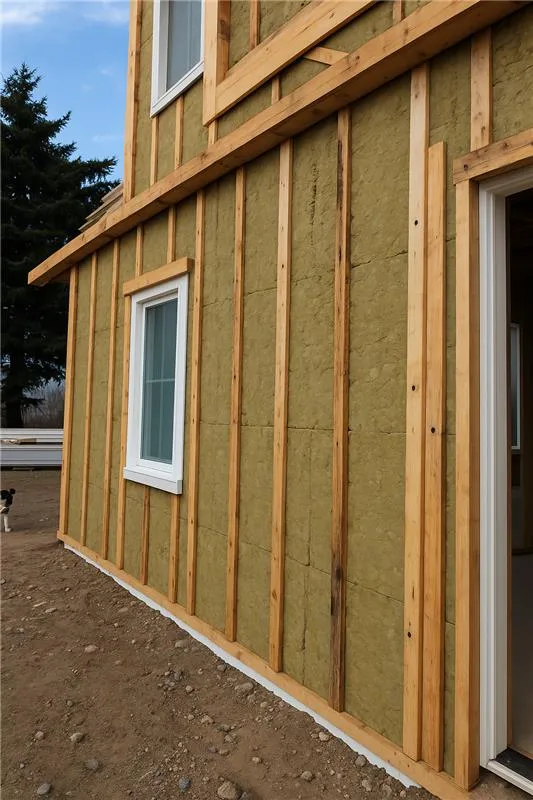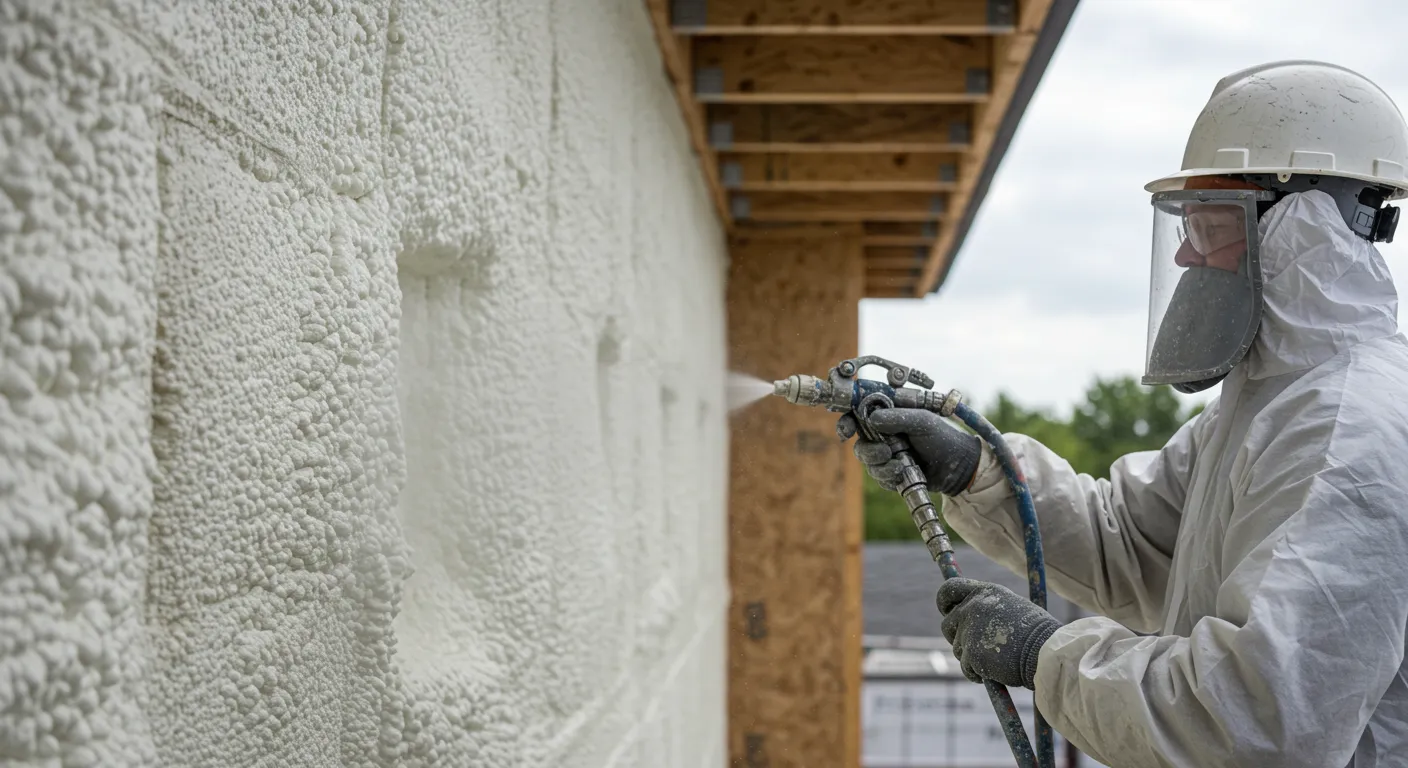Increase Property Value Using Exterior Insulation
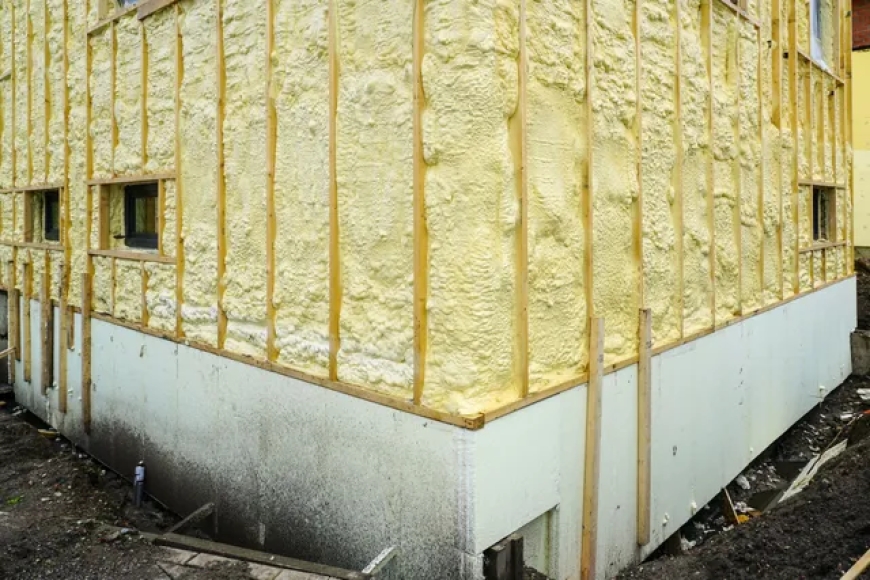
Exterior insulation significantly increases property value by enhancing energy efficiency, improving curb appeal, and extending building durability. Homes with proper exterior insulation typically command 5-10% higher resale values due to lower utility costs, reduced maintenance expenses, and superior comfort. The return on investment for quality exterior insulation projects ranges from 70-95%, making it one of the most financially sound home improvements.
This value-adding upgrade creates a protective thermal envelope that shields your home from temperature extremes while modernizing its appearance. The following sections detail the most effective exterior insulation options, their performance metrics, and implementation strategies to maximize your property's market value.
Top Exterior Insulation Systems for Property Value
Different exterior insulation systems offer varying benefits for property valuation. Each system balances aesthetic appeal, thermal performance, and long-term durability.
Exterior Insulation and Finish Systems (EIFS)
EIFS combines insulation boards with reinforced base coats and decorative finishes. This system creates a seamless exterior that resembles traditional stucco while providing superior thermal performance. Real estate professionals recognize EIFS as a premium exterior treatment that signals quality construction.
Bonus Tip: Choose acrylic finishes with enhanced UV resistance for EIFS applications to maintain appearance longer and maximize curb appeal for years to come.
Insulated Vinyl Siding
Insulated vinyl siding incorporates rigid foam backing into traditional vinyl panels. This system bridges the gap between affordability and performance, making it particularly attractive in mid-range housing markets where value improvements need cost justification.
Rigid Foam Board Systems
Direct-applied foam board systems provide excellent thermal performance with various finish options. The versatility of compatible exterior finishes allows homeowners to achieve desired architectural styles while improving energy performance.
Insulated Concrete Forms (ICFs)
For new construction or major renovations, ICFs provide exceptional thermal performance and structural strength. This premium system creates a solid concrete wall sandwiched between two layers of insulation, resulting in extremely durable, energy-efficient structures that command top market prices.
Exterior Insulation Comparison for Property Value
Technical Specifications of Value-Adding Exterior Insulation
How Exterior Insulation Enhances Property Value
Exterior insulation systems increase property value through multiple mechanisms that work together to create both immediate and long-term financial benefits.
Enhanced Energy Performance
Properly installed exterior insulation reduces energy costs by 20-40%, creating immediate financial benefits for homeowners. According to the National Association of Realtors, every $1 reduction in annual utility costs increases property value by approximately $20, making energy efficiency improvements highly valuable in today's market.
A comprehensive exterior insulation upgrade also modernizes your home's thermal envelope, aligning with increasingly stringent energy codes and buyer expectations. This future-proofs your property against changing market demands and regulations.
Improved Aesthetic Appeal and First Impressions
Exterior insulation systems dramatically transform a home's appearance, creating a modern, well-maintained facade that makes powerful first impressions on potential buyers.
According to real estate market data from the Remodeling Cost vs. Value Report, exterior projects that improve appearance and energy efficiency consistently rank among the highest ROI home improvements, returning 70-95% of project costs upon resale.
Extended Building Lifespan and Reduced Maintenance
Exterior insulation protects structural elements from thermal cycling, moisture infiltration, and weather damage. This protection extends the building's useful life and reduces maintenance requirements, both highly valued by prospective buyers concerned about future expenses.
Bonus Tip: Document all energy efficiency improvements, including R-values, air sealing measures, and expected energy savings, to provide concrete value evidence for potential buyers or appraisers.
Improved Indoor Comfort and Functionality
Exterior insulation systems create more consistent indoor temperatures and reduce drafts, enhancing livability. These comfort improvements translate directly to higher property valuations as buyers increasingly prioritize comfort and living quality in purchase decisions.
Things to Consider Before Making a Decision
Property Value Context and Neighborhood Standards
Analyze neighborhood property values and exterior finish standards before selecting your insulation system. Avoid over-improving for your market, as returns diminish when improvements significantly exceed neighborhood norms.
Climate Considerations and Local Building Codes
Your local climate dictates optimal insulation levels and moisture management strategies. Additionally, local building codes may offer incentives for energy improvements or place restrictions on exterior changes, particularly in historic districts.
Budget and Financing Options
While exterior insulation systems typically deliver strong returns, the upfront investment can be substantial. Evaluate financing options including energy-efficient mortgages, home equity lines, and local energy improvement programs that may offer favorable terms for qualifying projects.
Installation Quality and Contractor Selection
The performance and longevity of exterior insulation systems depend heavily on proper installation. Prioritize experienced contractors with system-specific certifications and strong portfolios of similar projects.
Common Questions About Exterior Insulation and Property Value
Best Times for Installation
Plan exterior insulation projects during mild weather seasons when temperatures remain between 40-80°F. This temperature range ensures proper adhesive curing and material acclimation. Most regions find spring and fall ideal for exterior insulation work.
Permits and Approvals Required
Most exterior insulation projects require building permits, with some neighborhoods also requiring homeowner association approval. Historic districts often have additional review processes. Obtain all necessary approvals before purchasing materials or scheduling contractors.
Impact on Existing Features
Consider how exterior insulation will affect window reveals, door openings, roof overhangs, and existing trim details. Quality installations include proper extensions and transitions for these elements, maintaining or enhancing architectural character.
Exterior Insulation and Property Value FAQ
How quickly will I recoup my investment in exterior insulation?
Most homeowners begin seeing returns immediately through reduced energy bills, with 70-95% of project costs typically recovered in property value upon resale. Full financial recoupment usually occurs within 5-8 years through combined energy savings and appreciation, with premium systems in high-value markets sometimes achieving faster returns.
Will exterior insulation cause moisture problems in my walls?
Properly designed exterior insulation systems improve moisture management rather than creating problems. By keeping structural walls warmer and incorporating appropriate drainage planes and vapor control layers, these systems reduce condensation risk and enhance drying potential. Professional assessment of your existing wall assembly ensures compatibility with your chosen system.
Does exterior insulation work for all house styles?
Most homes benefit from exterior insulation, but application methods vary by construction type and architectural style. Traditional homes may require specialized approaches that preserve historic character while improving performance. Modern and transitional styles often accommodate standard systems with minimal adaptation. Professional designers can develop solutions appropriate for virtually any architectural style.
How does exterior insulation compare to interior insulation for property value?
Exterior insulation typically adds more property value than interior insulation because it improves both performance and appearance simultaneously. Interior insulation projects disrupt living spaces, don't enhance curb appeal, and often leave thermal bridges untreated. For maximum property value impact, exterior approaches generally deliver superior returns.
Will my property taxes increase after installing exterior insulation?
Property improvements that increase value can affect tax assessments, but energy efficiency upgrades often qualify for exemptions or specialized assessment rules in many jurisdictions. Research local tax policies or consult with a tax professional familiar with green building incentives in your area to understand potential implications.
Make the Right Decision
Exterior insulation represents one of the most effective ways to increase property value while improving energy performance, comfort, and curb appeal. The comprehensive benefits of these systems address multiple buyer priorities simultaneously, creating compelling value propositions in competitive real estate markets.
Evaluate your specific property conditions, neighborhood standards, and budget constraints to select the exterior insulation system that optimizes your return on investment. Remember that quality materials and expert installation significantly impact both performance and value enhancement, making contractor selection a critical decision point.
Reviewer:
Olivia Thompson has spent 10 years working in spray foam insulation, helping companies grow their visibility. She reviewed this article and provided valuable suggestions on how to better align the content with the needs and expectations of customers, ensuring it resonates with the target audience.








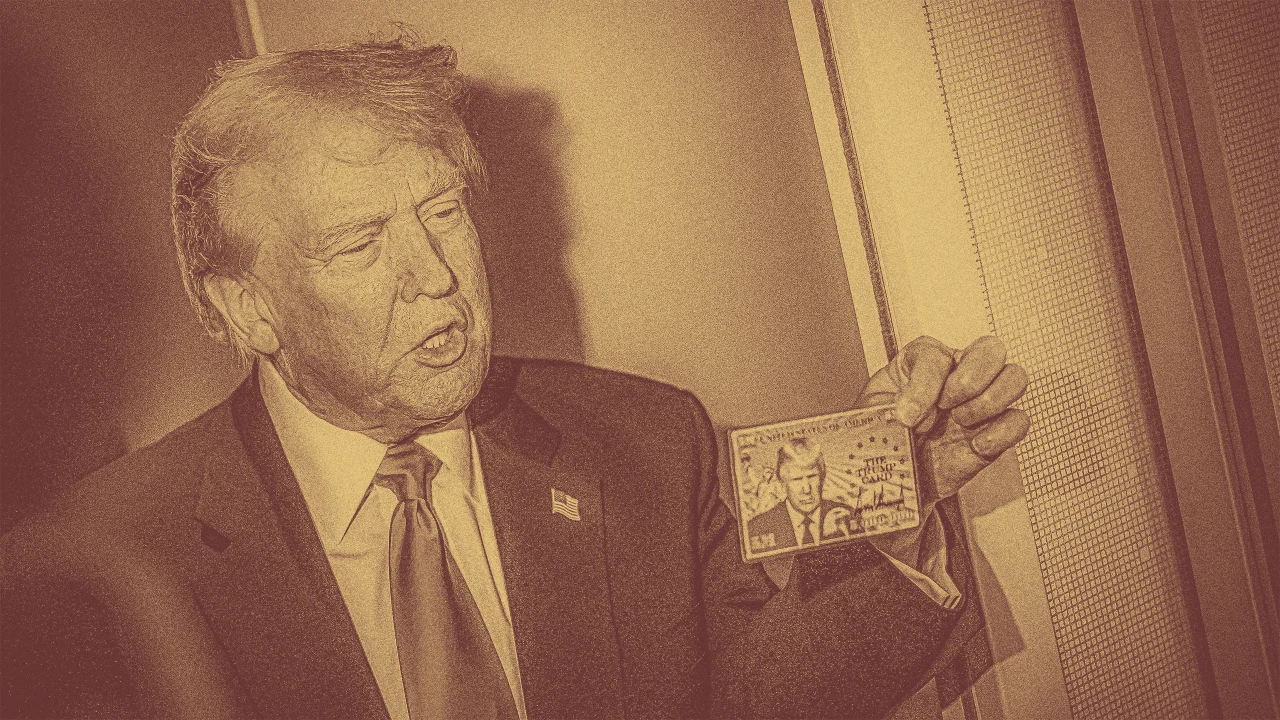
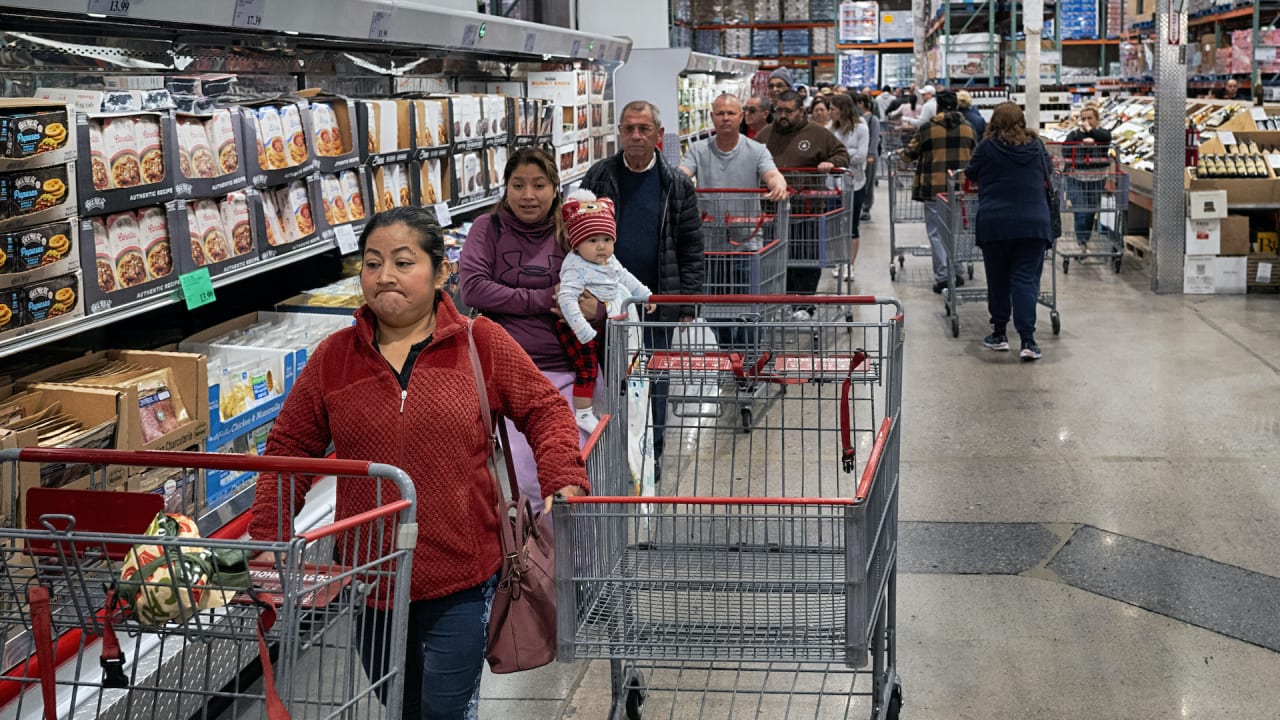



























































![https //g.co/recover for help [1-866-719-1006]](https://newsquo.com/uploads/images/202506/image_430x256_684949454da3e.jpg)
























![[PATREON EXCLUSIVE] The Power of No: How to Say It, Mean It, and Lead with It](https://tpgblog.com/wp-content/uploads/2025/06/just-say-no.jpg?#)















































